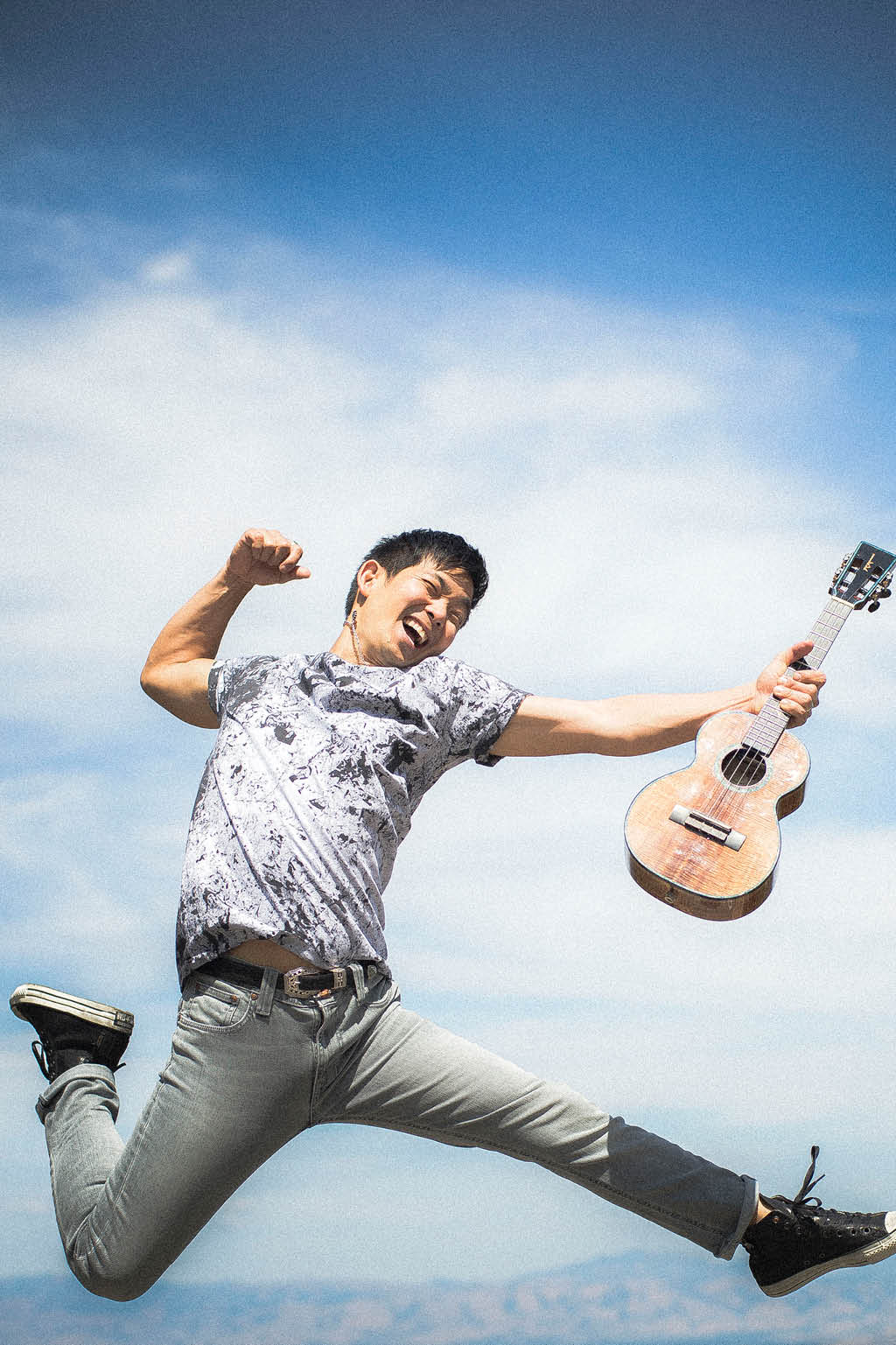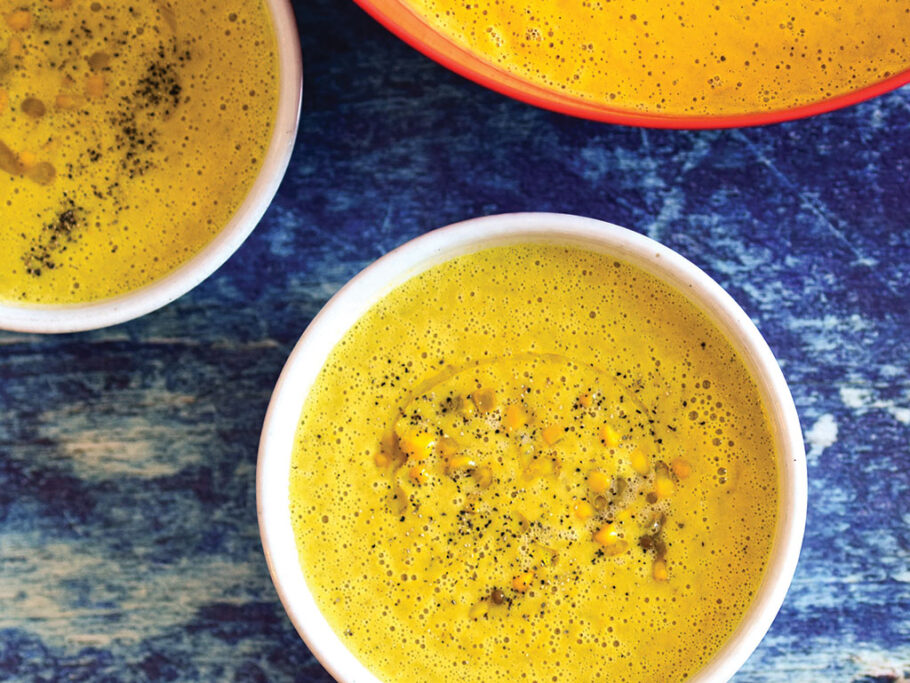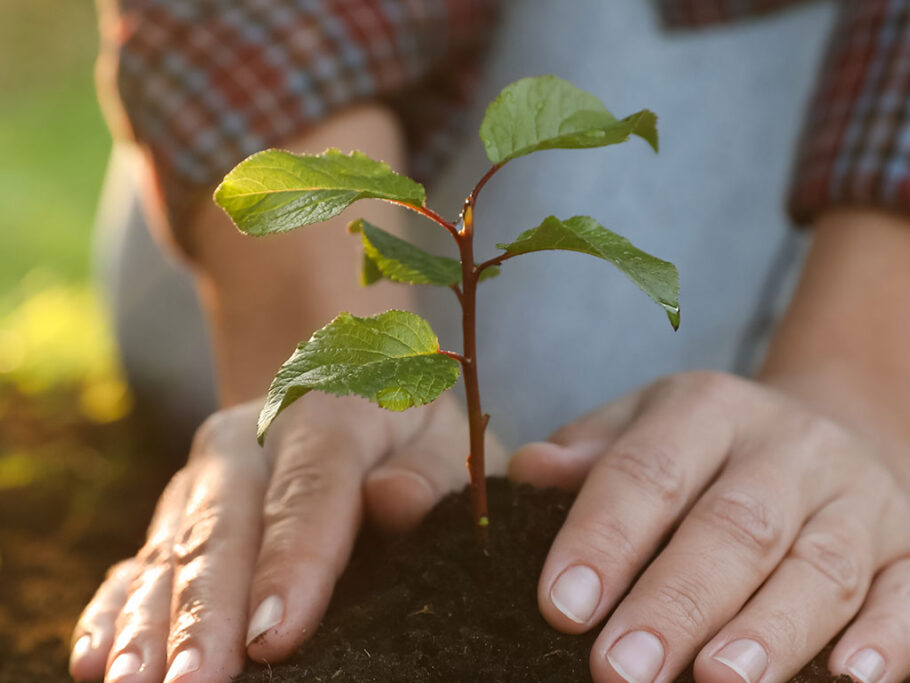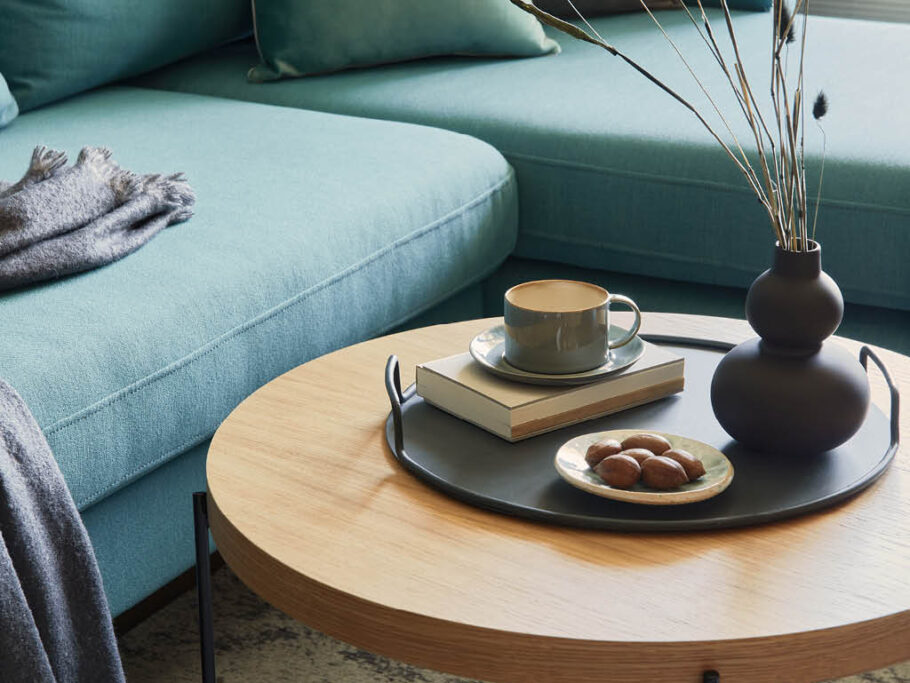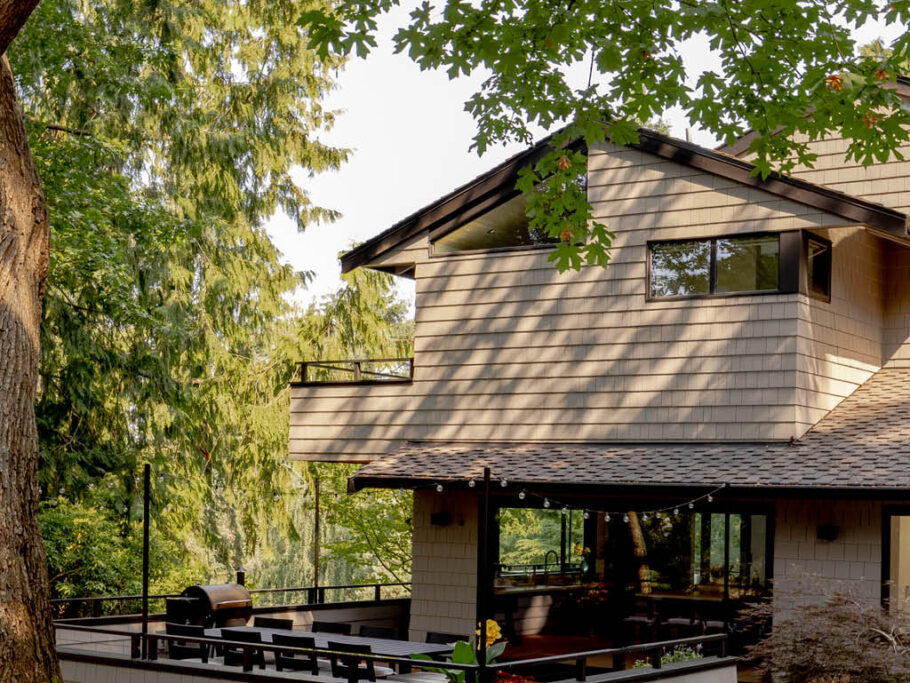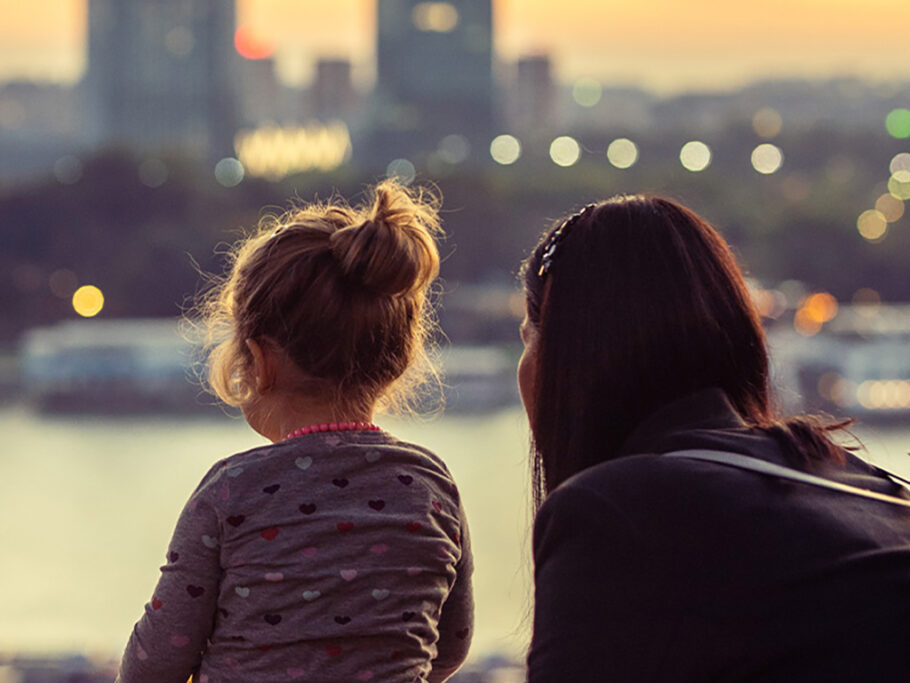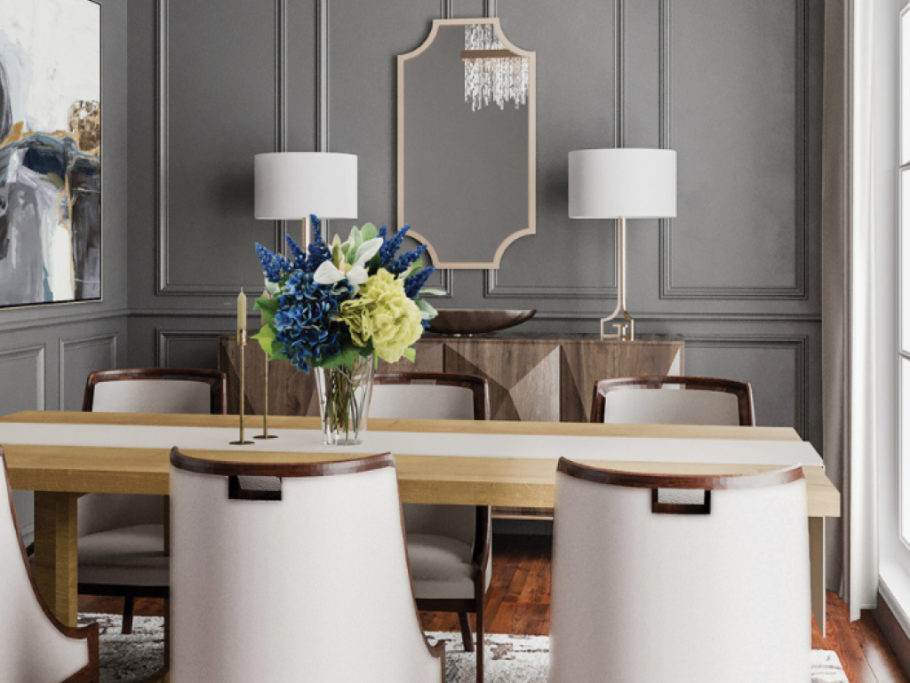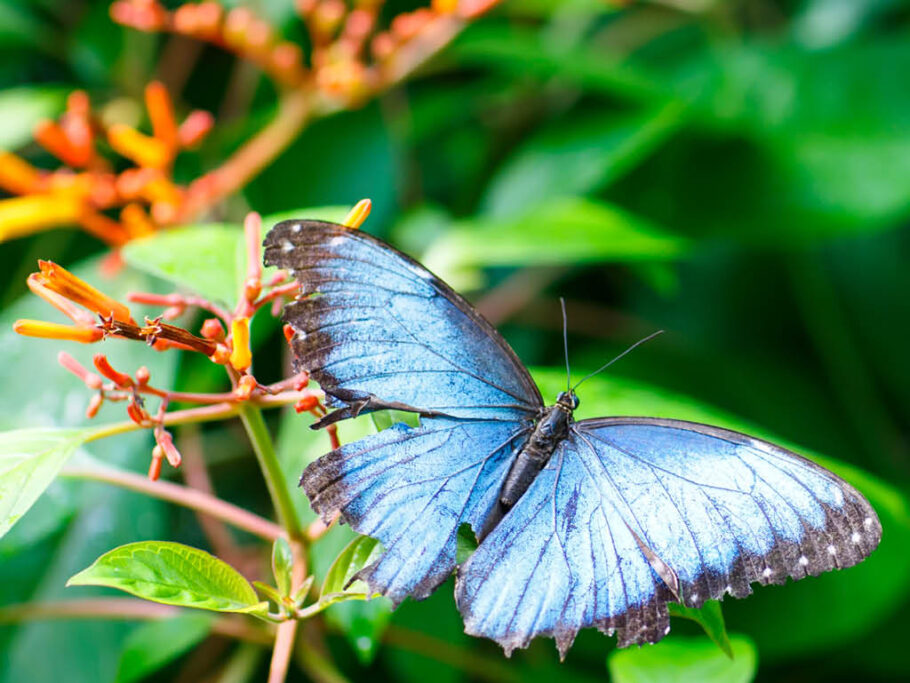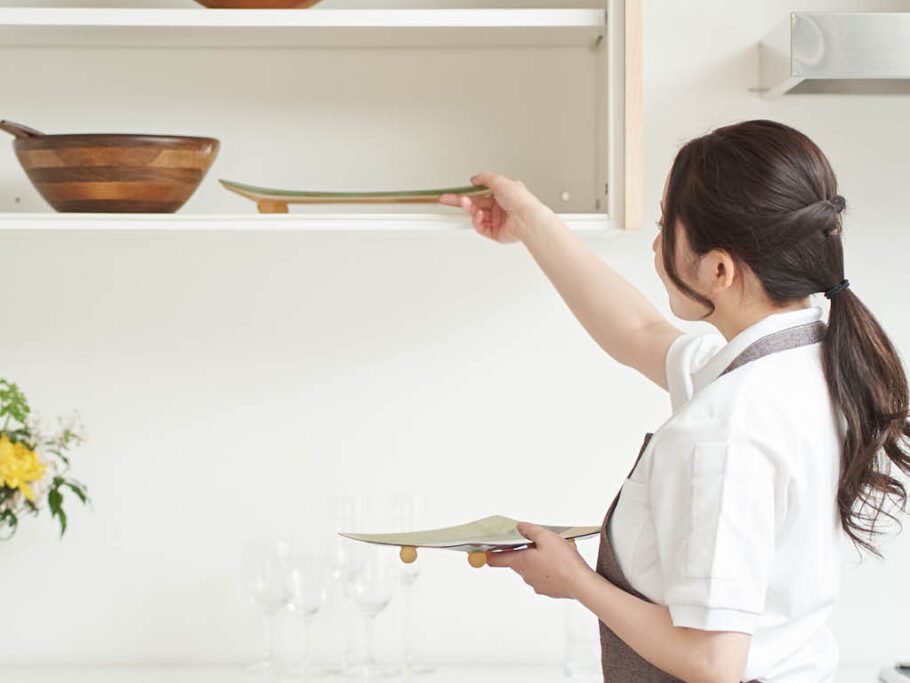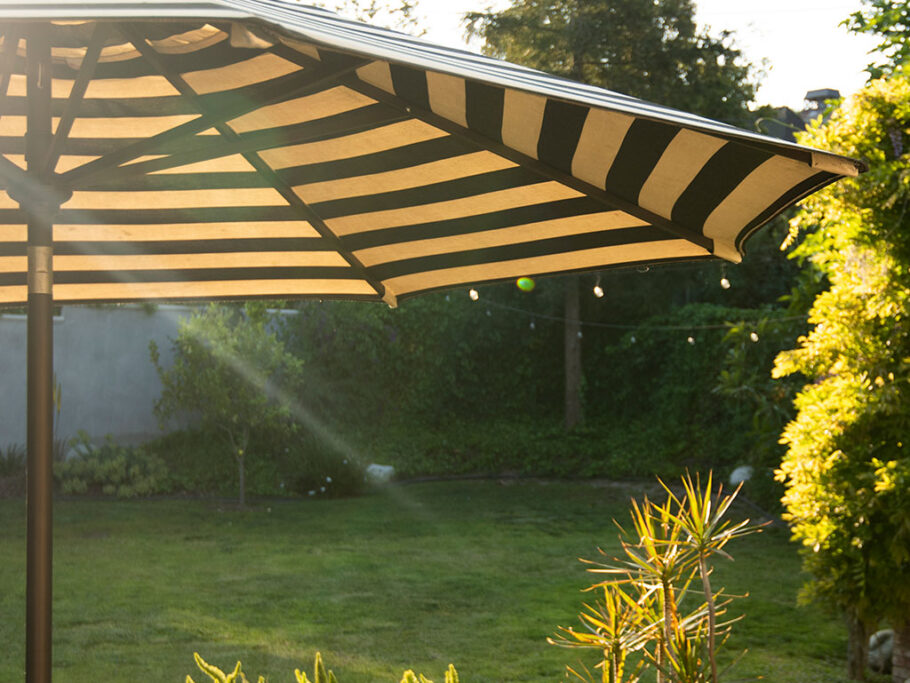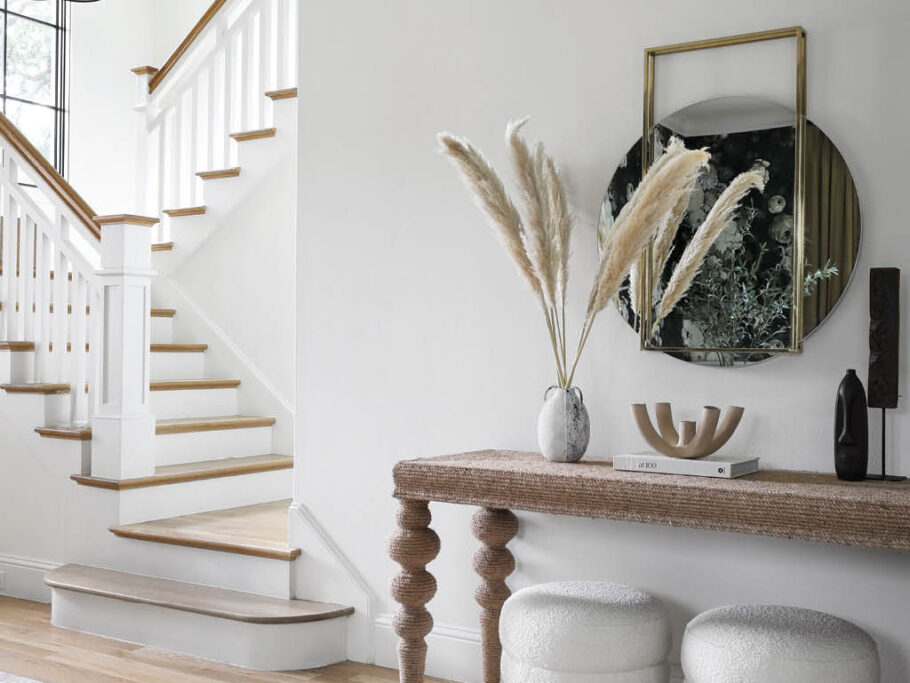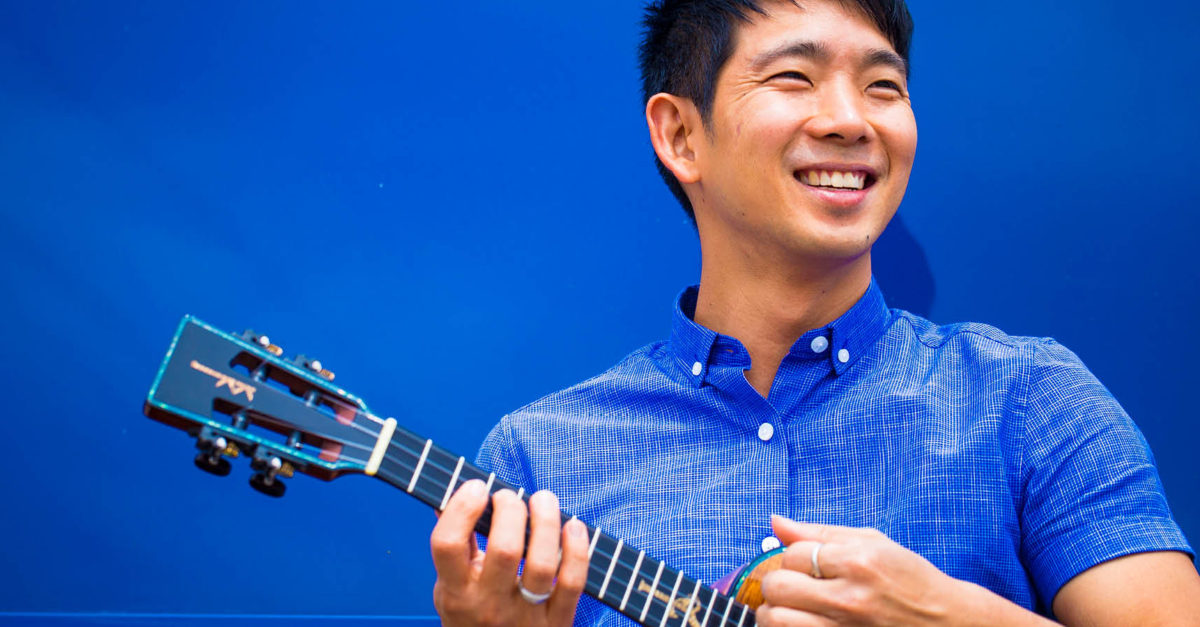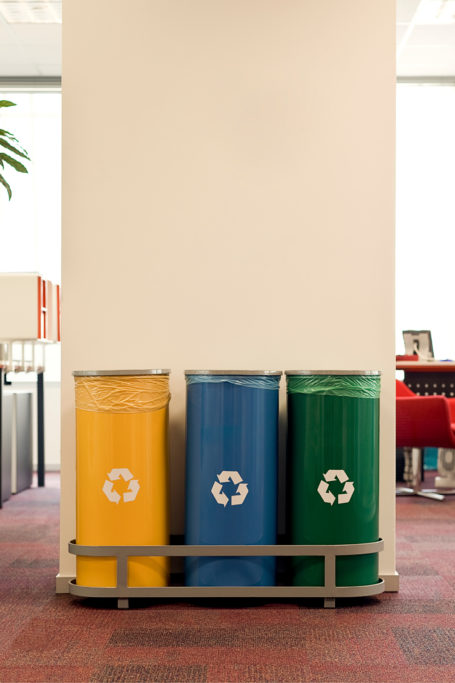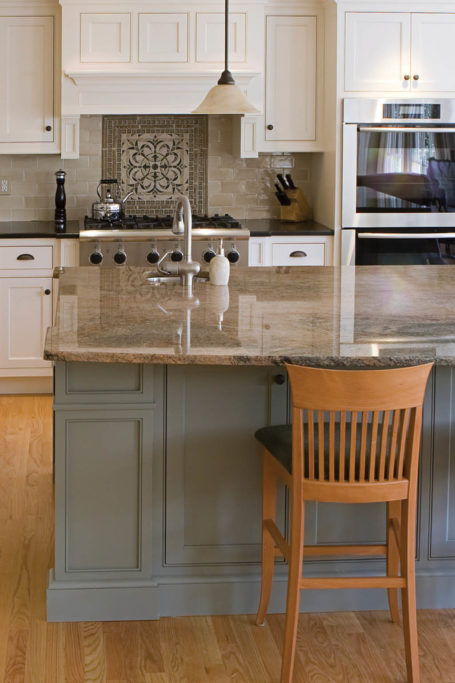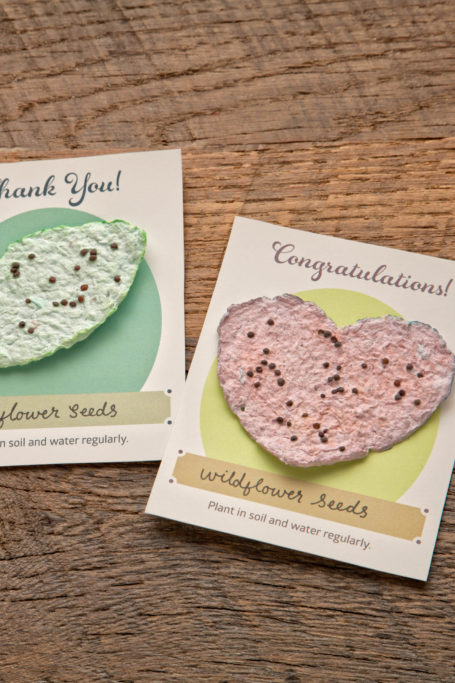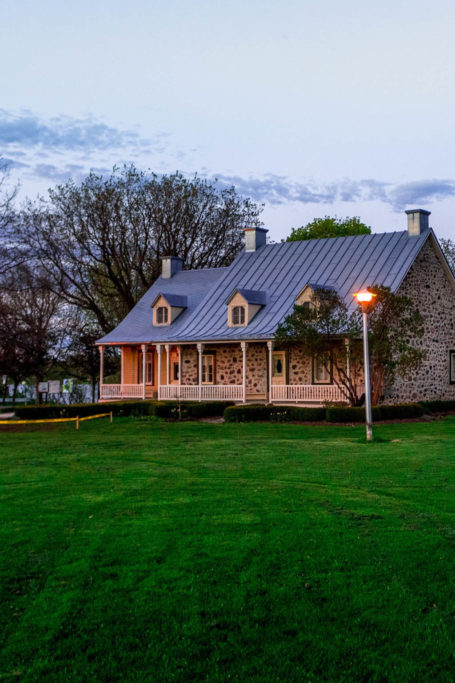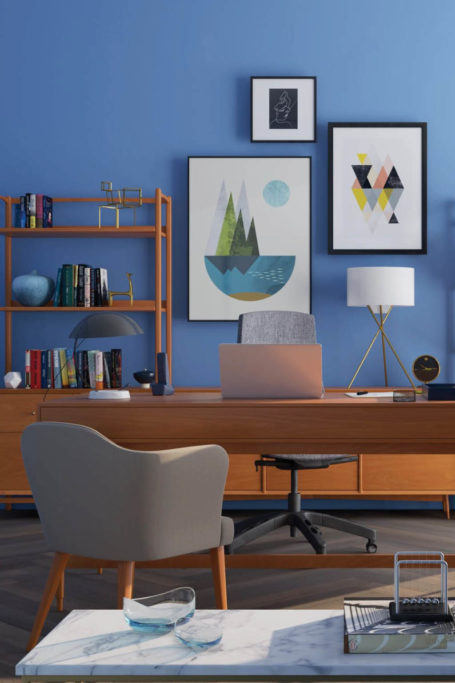Ukulele Magic: Musician Jake Shimabukuro
Musicians are often influenced to play by their parents. Your mom played the ukulele. What are your early memories of this? Did she encourage you to play as well?
My mom had a beautiful singing voice, and she would strum songs and sing when I was a kid. She was my first teacher. And the ukulele is simply a big part of the culture when you grow up in Hawaii. We all learned it in the fourth and fifth grades in the public school system. If you grow up here, you either play one regularly, or it’s sitting in your closet somewhere. It’s very common. I didn’t realize until I started traveling that it isn’t that common an instrument. Outside of Hawaii, it’s sometimes looked upon as a toy instead of as a real instrument. In Hawaii, the ukulele is respected. There’s a part of me now that appreciates that mainland perspective because it encourages people to pick up the ukulele and play it. Other instruments—like the guitar, violin, and piano—are intimidating, but people see the ukulele and think they can play it. That attitude toward musical instruments is healthy.
When did you decide to pursue the ukulele more seriously?
When I was younger, I just loved playing it. My mom taught me a few chords. Though I only knew a handful of chords, I could play hundreds of songs. However, I never had a desire to learn anything other than traditional Hawaiian music. It wasn’t until I was older that I discovered different styles of music, like blues and rock and roll. That’s when I started venturing out. Once I realized I could play some of those iconic guitar riffs on the ukulele, my interest was piqued. I started to get a little more experimental and became open to all kinds of music.
Have you tried instruments besides the ukulele?
When I was in high school, I played drums in the marching band. I also know a few chords on the guitar, but I wouldn’t be able to play a concert. It’s funny because I play it like the ukulele. The guitar has six strings, so I end up playing the bottom four strings because I don’t know what to do with the other ones.
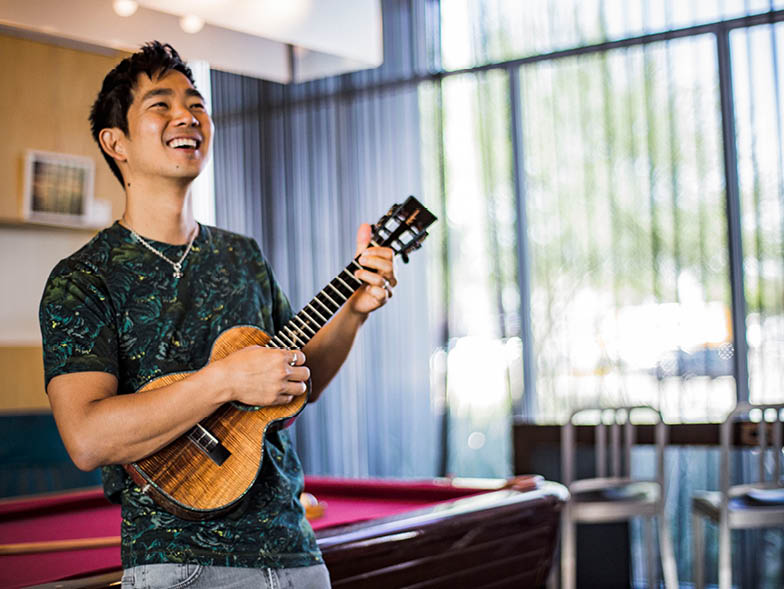
You only have four or five ukuleles. How do you resist buying more?
I’m not a collector. Once I find an instrument, I play it for everything. The instrument I have now is newer, and I’ve only played it for a couple of years. I’d played the instrument before that for eight years. I also play a four string tenor ukulele, made by the Kamaka family in Hawaii, who invented the world’s modern-day ukulele. They’re the Stradivarius of ukuleles. No one has more experience than those guys. So that one is special to me.
What was behind the name of your album Travels?
This record is my most diverse one yet. I’ve spent a lot of time visiting other countries, so I’ve had a lot of new influences, which made this album very different from my other records. We came up with the title much later, in post-production. All of these songs have a bit of a traveling theme to them, a feeling of perpetual movement. So we thought the name would be a good fit. Plus, one of my all-time favorite jazz records is Travels by Pat Metheny, a guitar player I admire very much.
I love traveling because it’s such a great education. When I go to different places and I’m exposed to new cultures and music, I definitely learn a lot. It directly influences the way I approach my instrument and gives me a lot of fresh ideas for songs and projects. Traveling is very important in the sense that it makes me want to keep learning and growing. I look at touring and traveling as my college education—such a great opportunity to learn. It’s one thing to read something out of a textbook and another to be there and use all your senses to experience it. It’s so powerful.
You tour constantly, but Hawaii has remained your home. What is it about Hawaii that keeps you coming back?
I don’t think I could ever leave Hawaii. I love the culture and the ocean. I love fishing, surfing, being out on the beach, and soaking in the warm weather. I play the ukulele outside all the time. We go out to the beach and have potlucks; everyone brings their instruments, and we have jam sessions right there on the beach. We have the barbecue set up and have a great time fishing and swimming. It’s beautiful. Good music, good food, and good company.
Hawaii’s culture is pretty different than anything else in our country, too. There’s a very strong sense of community—it’s the island lifestyle. You treat everyone like family. For example, you call anyone older than you Uncle or Auntie. So when I tour the mainland, my crew gets really confused because they’re based in Nashville, Tennessee. They don’t understand why I have so many uncles and aunties!
I also don’t feel a sense of celebrity in Hawaii. That’s the nice thing. It doesn’t matter who you are or what you do—everyone is family. Before I started touring, if I was sitting at a bus stop, I’d have a tenor fifteen-minute conversation with whoever was sitting nearby. Nine times out of ten, we’d realize that we had a mutual friend or were related. Hawaii is so small, and everyone is so connected. The strong sense of community also compels everyone to be nice to each other. My grandma lived on an island called Molokai, and if I did something bad, chances were good the news would get back to my grandma before I got home. The whole island would know that I’d gotten into trouble.
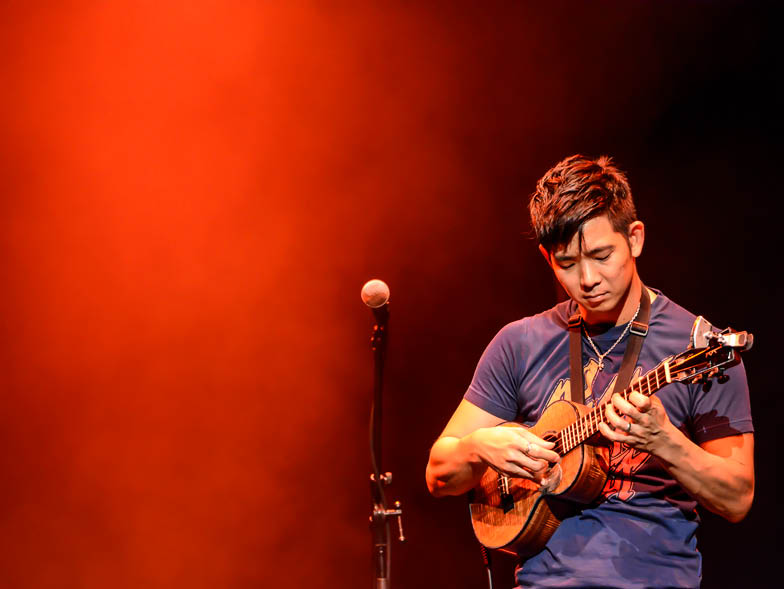
You go to schools and talk to students. What is your message to them?
It’s a drug-free message. I’m very proud of that. I’ve been drug-free my whole life, and I love sharing that with kids and encouraging them to follow the same path. I encourage them to find their passion—discover what they love doing—and work hard at it. Music is very important in education—and, by that, I don’t mean getting everyone to become a professional musician, but just to appreciate the art in general. It’s how we express ourselves, and it’s so healthy. To be able to play an instrument and have music in your life, it’s important. It brings a lot of joy to a lot of people.
I think I convey that joy when I visit elementary schools, high schools, and colleges and play for students. Younger kids like when I play anything popular on the radio. The elementary students love “Crazy G,” a fun and silly song that gets faster and faster. It’s interactive, too, so they yell out, “Faster!” and I play faster. The high school kids get a big kick out of hearing the Family Guy theme song played on the ukulele.
How do you feel about the ukulele’s growing prominence in pop culture?
I think it’s fantastic! To see the ukulele grow in popularity and to see more and more people pick it up and do cool things with it is great. I especially love seeing all these iconic artists picking it up and playing it, like Eddie Vedder of Pearl Jam. Who would have ever thought that Eddie Vedder would record a ukulele album? It’s so crazy. Paul McCartney, Taylor Swift, Dave Matthews, Jimmy Buffett—the list goes on and on. I think Train, with their song “Hey, Soul Sister,” was pretty significant for the instrument. You would never imagine the ukulele in that kind of style, but it was used in a very cool, hip, rock-pop sort of way. And it was a huge hit. That’s incredible. Because more and more artists are doing things like that, it’s inspiring a lot of people to pick a ukulele up, especially the younger generation.
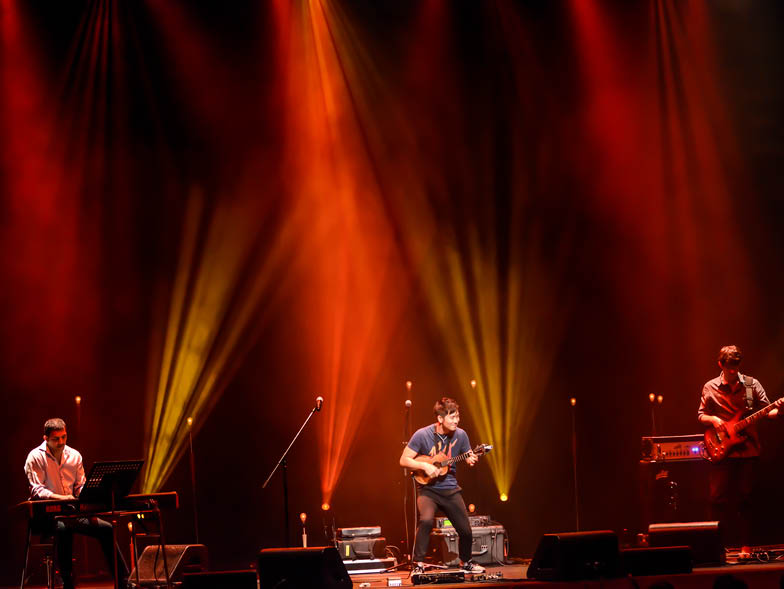
Besides the ukulele, what makes you happy and moves you forward in life?
Time with my family and time with my wife inspire me. That brings me the greatest joy imaginable. I was single for a long time before I met my wife. During that time, I was so busy traveling and so focused on music that I wasn’t even thinking about marriage or being a father. And then my stepsister set my wife and me up on a blind date. We were married within a year and a half. And the next thing we knew, we were pregnant. Now I’m a father of three-year-old and six-month old boys. A lot has happened so quickly, and it’s the best thing that ever happened to me.
How does having a family life affect touring?
It is harder to travel now. I do miss them. Music is such a big part of my life, and it’s my passion. My wife and I are very fortunate to have two supportive and involved mothers who love watching their grandchildren, so that helps because we have extra hands. I FaceTime a lot with my wife and kids when I travel.
Are you surprised by your success?
I never could have dreamed of all the things that have been happening. It’s just been wonderful—there have been so many great opportunities. The most important thing is to keep learning and growing as a musician. There’s an endless amount to learn. And the ukulele has so much potential. I’ve only just scratched the surface. I want to dig in and keep discovering new sounds, colors, poems, and techniques. I’m going to keep doing this until I physically can’t anymore. I’m also looking forward to hearing about the younger generation and their influences and ideas. In fact, my oldest son, who started strumming when he was eight or nine months old, already loves playing!
For more info, visit jakeshimabukuro.com.
